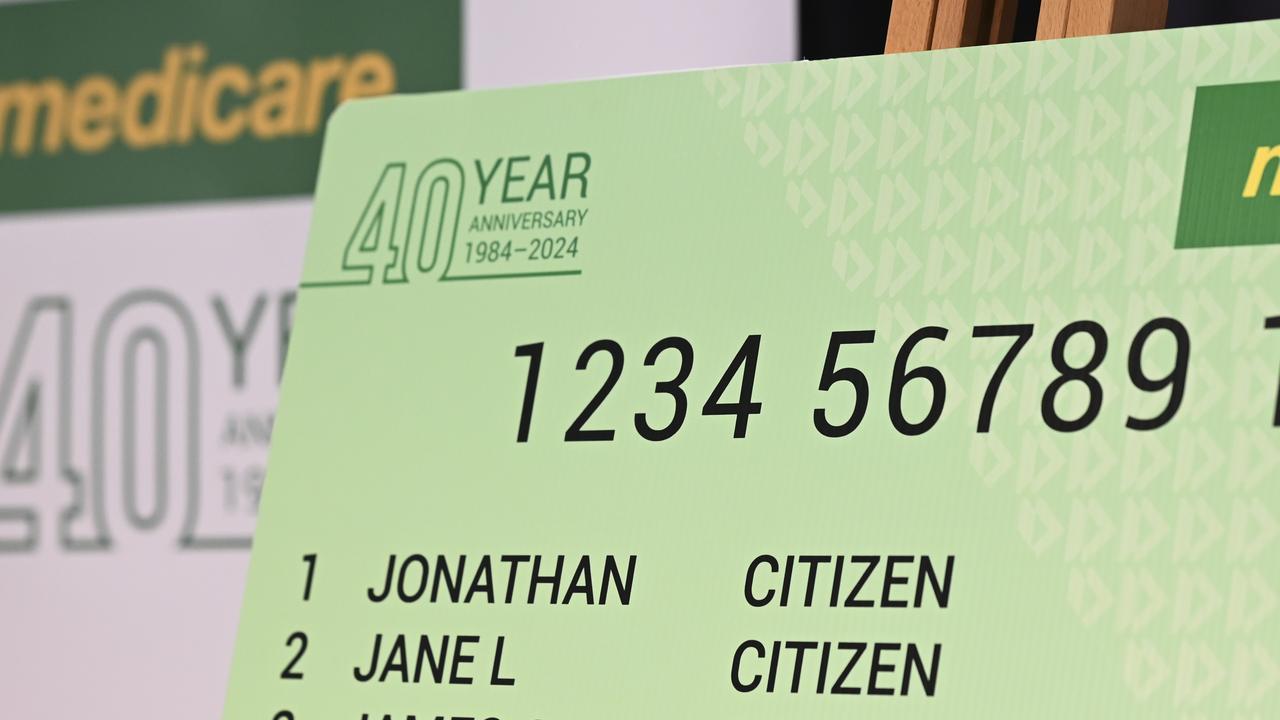Solomon Islands deal with China: How it affects Australia
The new deal between the Solomon Islands and China has sparked fury across Australia. This is why it’s a problem and how it affects us.
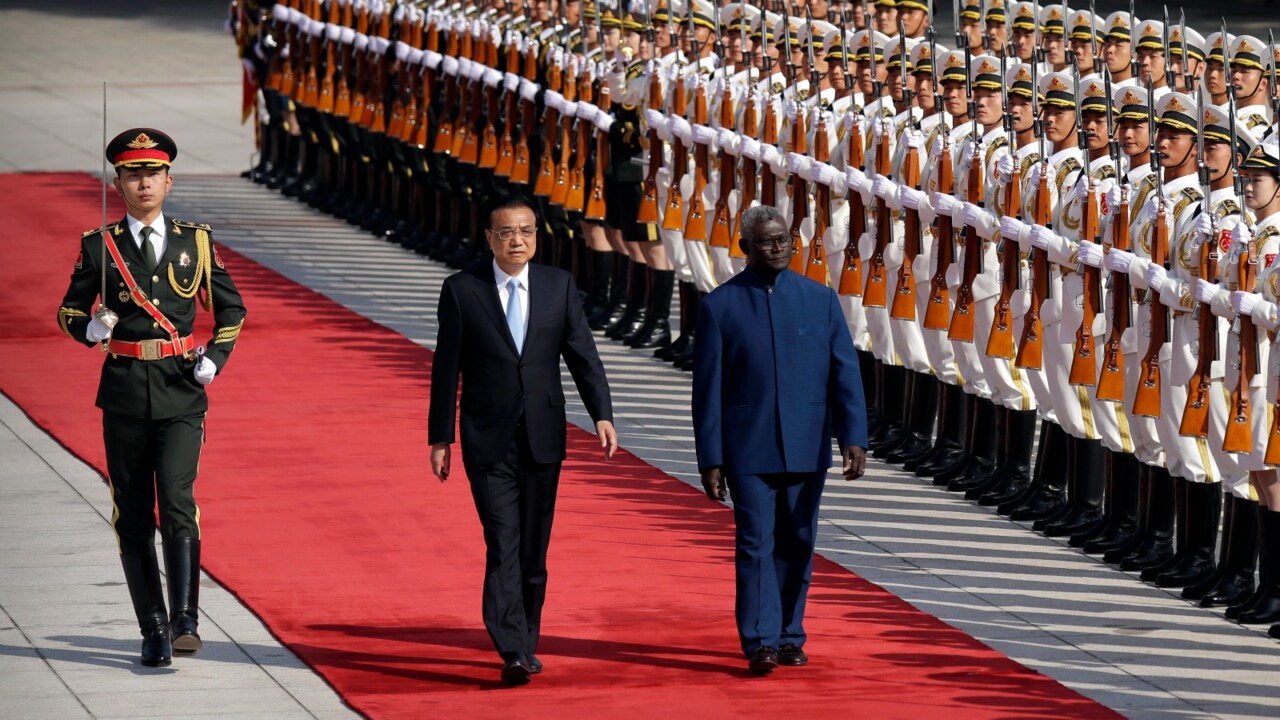
Federal Election
Don't miss out on the headlines from Federal Election. Followed categories will be added to My News.
The Solomon Islands, just 1700km from Cairns, has signed a wide-ranging security deal with Beijing, raising concerns about the increased presence of China in the South Pacific.
The deal was announced by Chinese foreign ministry spokesman Wang Wenbin, who said the foreign ministers from the two nations had “officially signed the framework agreement on security co-operation recently”.
Solomon Islands Prime Minister Manasseh Sogavare confirmed he had signed the pact in the nation’s parliament on Wednesday morning.
Here’s what you need to know.
WHAT IS THE SOLOMON ISLANDS AGREEMENT?
The relationship between the Solomons and China has grown increasingly cosy over the past few years, driven in part by cash for local infrastructure projects.
Labor Senator Concetta Fiervanti-Wells was one of the first Australian politicians to raise concern over China’s growing influence over Pacific Island nations.
In 2018, the outspoken conservative warned Beijing was building useless infrastructure projects and saddling Pacific Island nations with debt – or loans that had strings attached.
There has also been suspicion China has pursued infrastructure projects that directly benefit Pacific leaders themselves.
In 2019, Honiara stopped recognising Taiwan as an independent country: a shift which prompted a flood of Chinese investment.
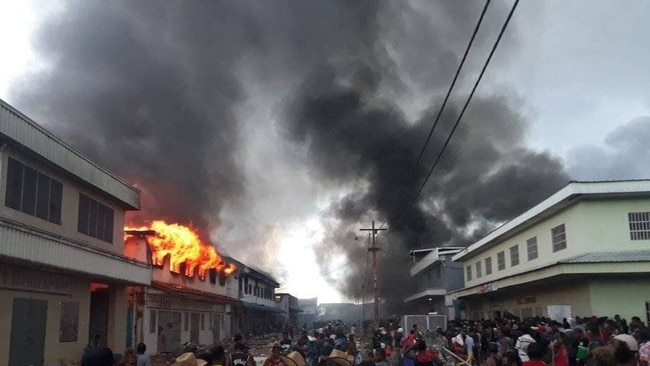
But the shift in diplomatic relations has also proved to be unpopular among some sections of the Solomons population. In November, anti-government demonstrations in Honiara turned deadly, with many of the rioters trashing Chinese-owned businesses.
Under this new deal, Chinese military personnel could be deployed to the Solomons to maintain order during public disturbances.
There are also concerns the pact would also open up the possibility for China to build a naval base in the Solomons, although Prime Minister Sogavare has previously said he would not allow that to happen.
The establishment of a Chinese naval base in the Solomons would be “a very bad day for Australia,” said Deputy Prime Minister and Nationals leader Barnaby Joyce.
“We don’t want our own little Cuba off our coast. That is not what is good for this nation, not what is good for this region,” Mr Joyce said.
WHAT IS IN THE DEAL FOR CHINA?
According to a recent article by Peter Jennings, the Executive Director the Australian Strategic Policy Institute, a Chinese base on the Solomons would have dire security consequences for Australia.
“If China establishes a military presence in the Solomons, we could in 15 years see People’s Liberation Army maritime surveillance aircraft using Honiara to keep a permanent surveillance cap over our east coast.
“Beijing could have installed signals intelligence systems able to suck up electronic emissions from Cairns to Melbourne and an over-the-horizon radar system to track ship and aircraft movements,” he wrote.
WILL THERE BE A NEW MILITARY BASE?
Australia has been warned to brace for Chinese ships and aircraft to arrive in Solomon Islands within weeks after the two nations signed a landmark security agreement.
Experts have expressed concern China would “move as fast as it can” to establish a foothold in the Pacific nation, in order to capitalise on the caretaker period.
The Lowy Institute’s Richard McGregor, said Beijing would “move as fast as it can while they have a friendly leader in place in the Solomons to establish a physical foothold”.
“They would want to have boots on the ground and establish a concrete presence there – living quarters, possibly a small dock on the pretext of refuelling a supply ship,” the senior fellow for East Asia told The Australian.
He warned that, in the long-term, “China wants what the US has, which is a permanent military presence in the Pacific”.
Writing in The Australian, Australian Strategic Policy Institute executive director Peter Jennings said it would occur before the election.
“For decades we have overestimated our influence in the Pacific; under-invested in promoting our security; and failed to appreciate China’s strategic intent,” Mr Jennings added.
WHAT DOES AUSTRALIA THINK OF THE NEW FOREIGN POLICY?
Foreign Minister Marise Payne and Pacific Minister Zed Seselja described the deal as “deeply disappointing”.
“We are concerned about the lack of transparency with which this agreement has been developed, noting its potential to undermine stability in our region,” they said in a joint statement.
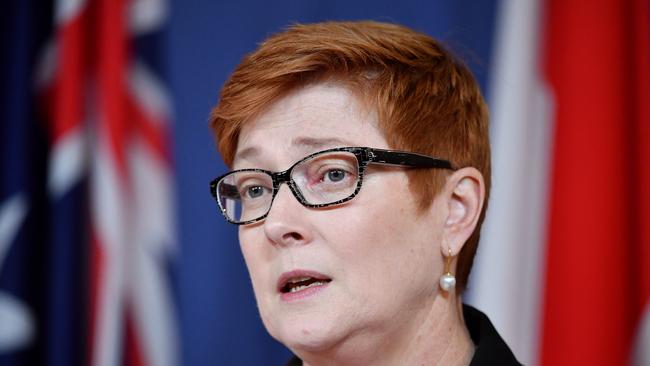
Labor branded the deal a massive foreign policy failure on the part of the Morrison government, saying inattention to the Pacific had led to Honiara seeking the deal with Beijing.
“This is the worst policy failure in the Pacific Australia has seen since World War Two,” Labor’s foreign affairs spokesman Penny Wong told Sky News.
The government had known about the prospect of the deal since last August, and a visit to Honiara by Mr Seselja last week was “too little too late,” she said.
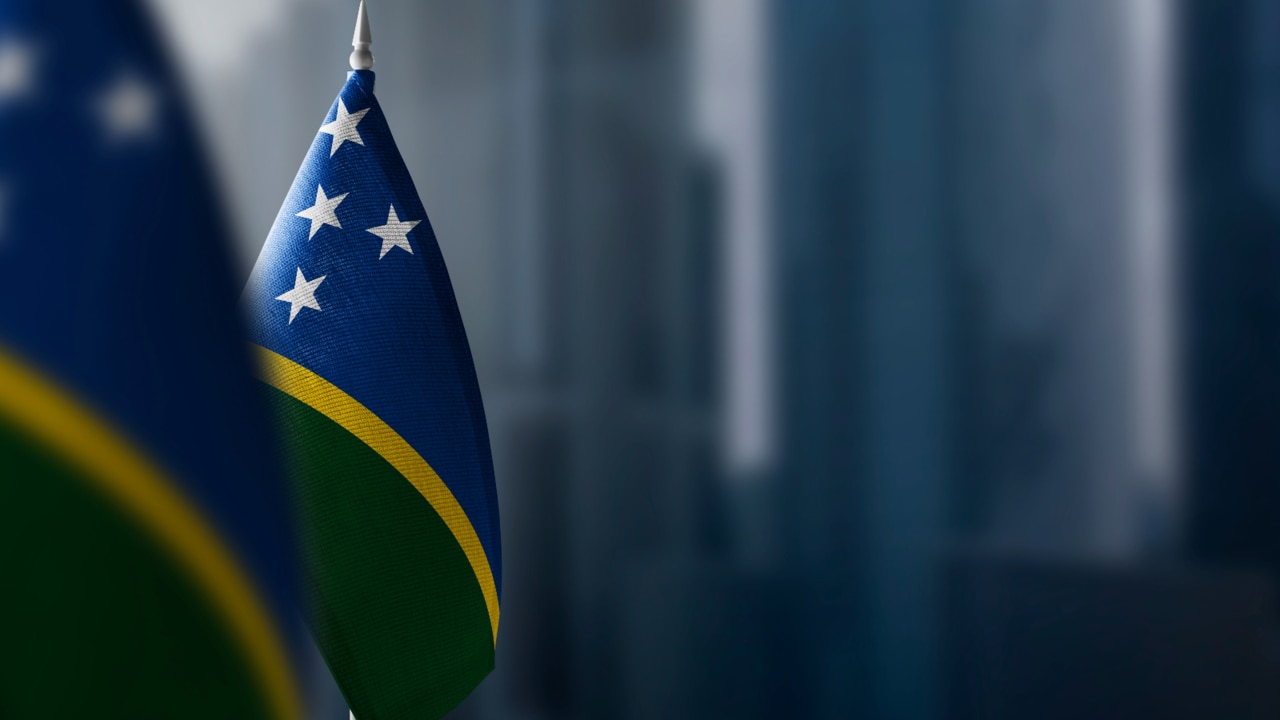
“It was a last-minute attempt by a junior Minister,” Ms Wong said. She said the US had demonstrated a greater sense of seriousness about the issue by dispatching its top Pacific adviser Kurt Campbell to the Solomons.
Prime Minister Scott Morrison defended the government’s track record on engagement with the Pacific.
In interviews on Wednesday, Mr Morrison stressed he had spent “countless hours” engaging Pacific leaders over the past three years, and it had been the first nation he visited upon becoming prime minister.
Australia had been “seeking to resist” the growing influence of China for “many, many years” he told radio station 5AA.
“Had we … not done that, then I fear we would have seen even more significant events take place,” Mr Morrison said.
WHY IS AMERICA WORRIED ABOUT THE NEW DEAL WITH CHINA?
The US has repeatedly raised concerns about increasing Chinese influence in the Pacific.
After news of the deal broke, US State Department spokesman Ned Price warned it could set a “concerning precedent” for the region.
Representatives from the US, Australia, New Zealand and Japan met in Honolulu over Easter to discuss issues in the region, and resolved to convene a regular Pacific Island Forum, with the Pacific Island nations and other “liked minded countries”.
In an official statement, the White House said: “Officials from the four countries represented … shared concerns about a proposed security framework between the Solomon Islands and the People’s Republic of China and its serious risks to a free and open Indo-Pacific.”
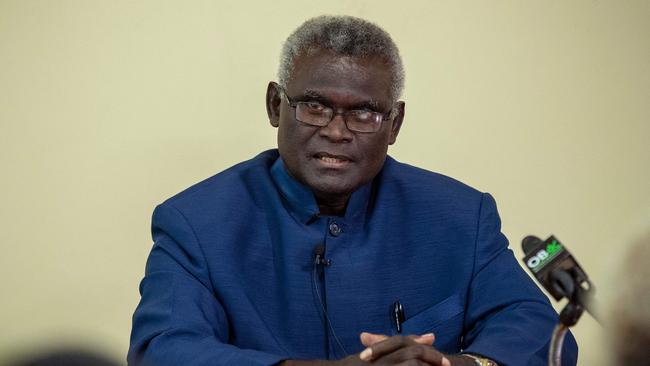
WHAT WILL AUSTRALIA DO NEXT?
Australian troops dispatched to the Solomon Islands will remain until December 2023, after a request from Prime Minister Sogavare.
In March, Foreign Minister Payne said the Australian government would build “an integrated police, health and disaster management radio network” across the islands, as well as a second patrol boat outpost.
“We are also providing A$22 million in budget support, which will help the Government of Solomon Islands fund salaries for essential workers and mitigate the damaging fiscal impact of the November 2021 civil unrest and Covid economic impacts,” Ms Payne said.
Labor said if elected they would increase Australia’s focus on its Pacific Island neighbours. Prime Minister Scott Morrison and Labor leader Anthony Albanese both said they would visit the Solomons if they win government.
In their statement on Wednesday, Ms Payne and Mr Seselja said: “We continue to seek further clarity on the terms of the agreement, and its consequences for the Pacific region.”
More Coverage
Originally published as Solomon Islands deal with China: How it affects Australia




